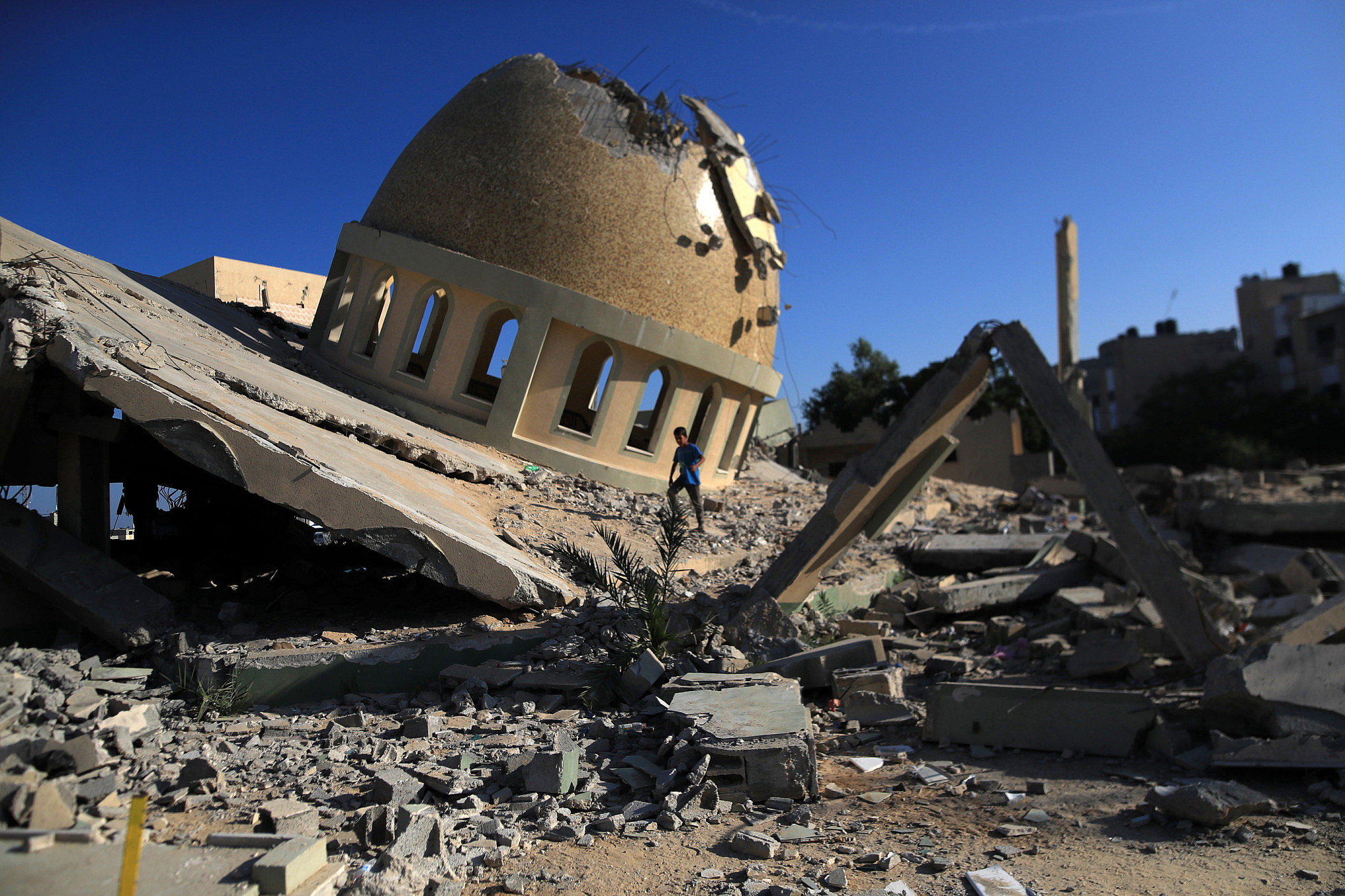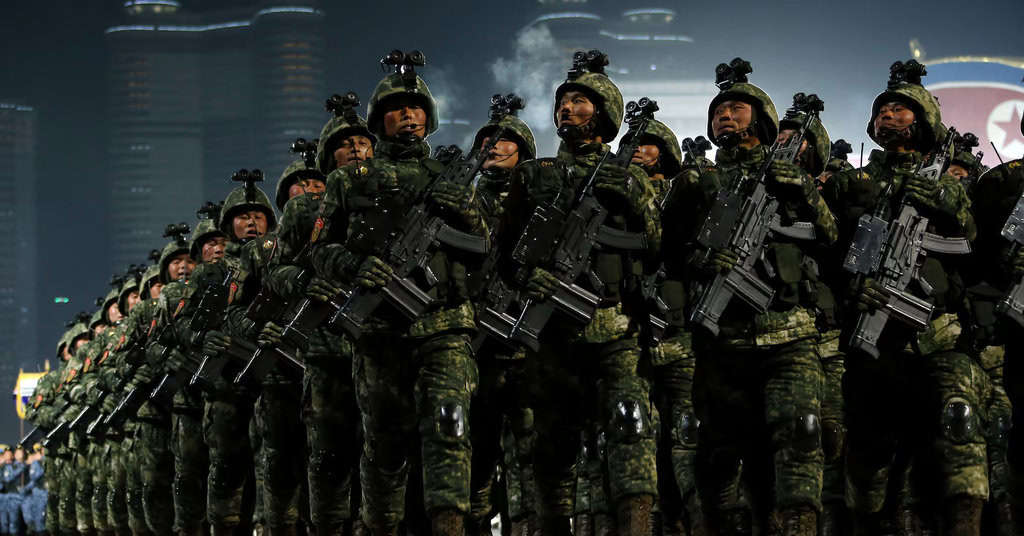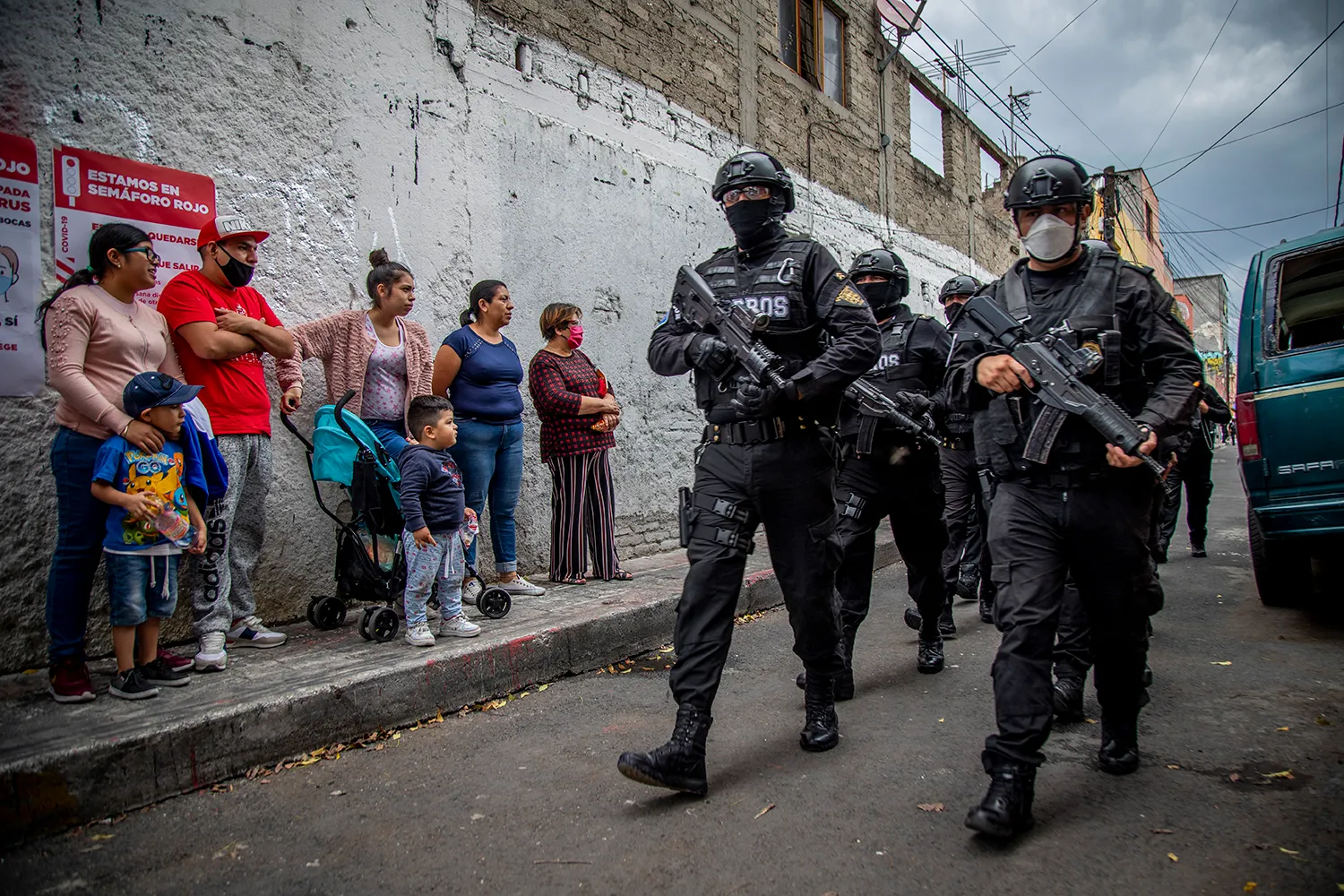In a major development in the ongoing Gaza conflict, Hamas has publicly rejected an invitation extended by the United States, Qatar, and Egypt for a final round of negotiations aimed at securing a ceasefire and resolving the hostage crisis. This refusal marks a significant hurdle for the Biden administration’s efforts to de-escalate the situation and prevent a broader regional conflict.
Negotiation Efforts Under Threat
The upcoming negotiations, originally scheduled for August 15, were intended to bridge the gaps between Israel and Hamas. Mediators from the U.S., Egypt, and Qatar had been working intensively to finalize a deal that could potentially stabilize the volatile situation in Gaza. Israeli officials have labeled this round of talks as a “now-or-never” moment, highlighting the high stakes involved.
Hamas’ Justification for Rejection
Hamas cited several reasons for its decision to decline the invitation. Key among these were the new demands recently introduced by Israeli Prime Minister Benjamin Netanyahu, the assassination of senior Hamas political leader Ismail Haniyeh by Israel, and the continued airstrikes in Gaza that have resulted in the deaths of dozens of Palestinian civilians.
In a statement, Hamas emphasized its commitment to the interests of the Palestinian people, calling on mediators to submit a plan based on President Biden’s vision and the UN Security Council resolution that was approved on July 2. The group argued that further negotiations or new proposals would only serve to legitimize what they view as Israel’s ongoing aggression.
Israeli Response
In contrast, a senior Israeli official involved in the negotiations dismissed Hamas’ statement as a tactical maneuver. According to this official, Hamas is likely seeking to improve its negotiating position, possibly in anticipation of an attack by Iran and Hezbollah. The official warned that if Hamas refuses to engage in talks, Israel will continue its military operations in Gaza.
The rejection of this crucial negotiation opportunity by Hamas casts a shadow over efforts to secure peace in the region. As tensions remain high, the international community watches closely, aware that the next steps could significantly impact the broader Middle East.





